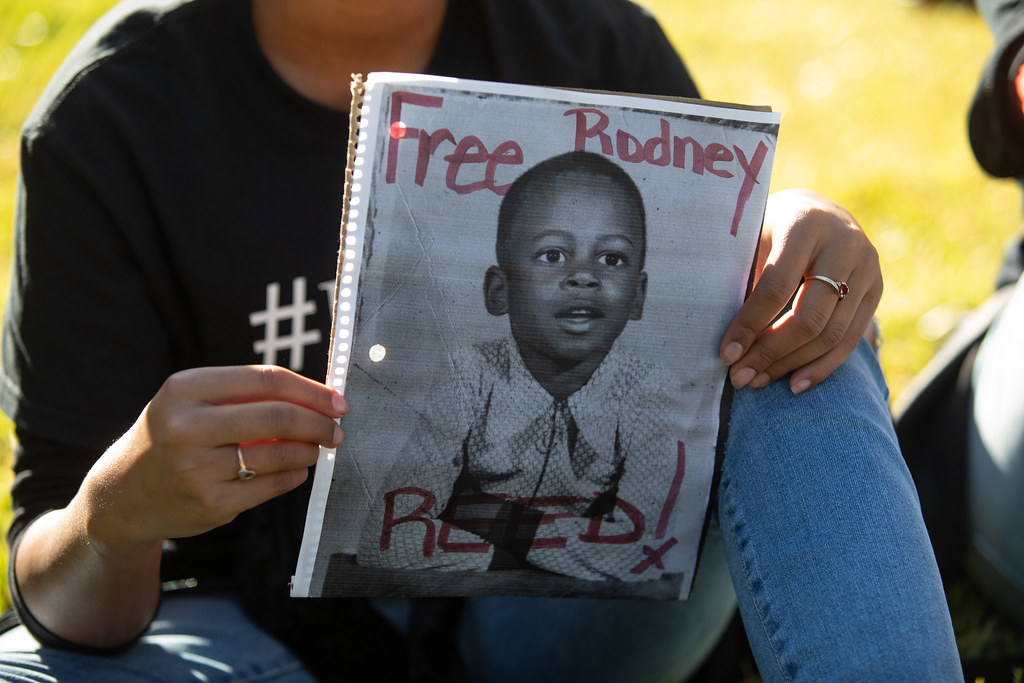On Friday, a Texas appeals court halted the execution of death row inmate Rodney Reed. Shortly before that decision, the Texas Board of Pardons and Paroles unanimously, agreed to delay his execution for 120 days. The execution was scheduled for Wednesday. Reed was convicted of the 1996 murder of 19-year-old Stacey Stites, but new evidence indicates that another person might be to blame for her death, and many have spoken out against Reed’s death sentence.
Amanda Marzullo is executive director of Texas Defender Service, a nonprofit that provides legal representation to people facing the death penalty. She says many were surprised that Reed’s execution was halted despite the outcry against it.
“The Board of Pardons and Paroles … recommended a reprieve for Rodney Reed, which is pretty extraordinary,” she says. “This is only the second time in the past decade or so that the BPP has recommended clemency.”
She says Reed’s case has garnered widespread attention, including among some celebrities, because of the evidence showing that someone else is likely to blame for Stites’ death – her fiancé, Jimmy Finnell. Finnell had threatened to kill Stites if she cheated on him, Marzullo says. And since Stites’ death, Finnell has been convicted for other crimes, including kidnapping and rape.
Stites had an affair with Reed, which is what linked him to the crime.
“The lynchpin of the state’s theory against [Reed] was that what they recovered were intact sperm, and they said that sperm only remains intact for 24 hours, so it had to be essentially deposited around the time of her murder,” she says. “But since the trial, every expert that testified, either they recanted that testimony … or the agency that employed them that recanted that testimony.”
Now, a trial court will review Reed’s case to determine his innocence, whether Finnell testified falsely and whether law enforcement failed to provide evidence to Reed’s defense team that would have helped his case.
Written by Caroline Covington.















